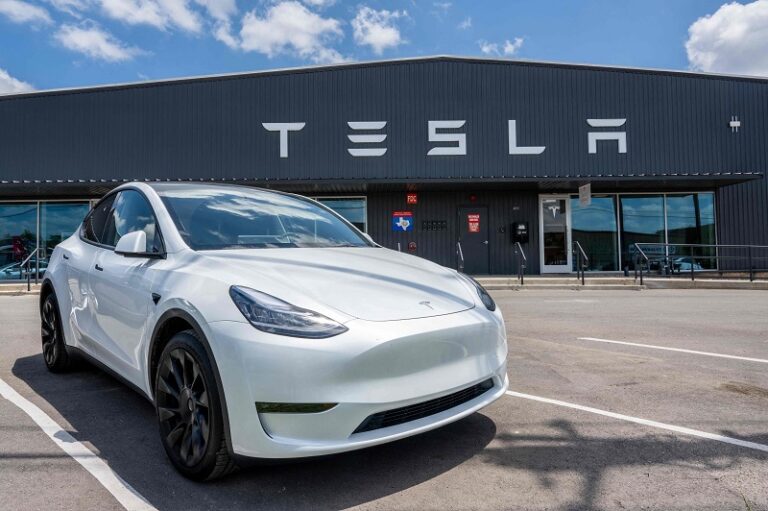In a surprising move, Tesla has decided to eliminate discounts across its entire electric vehicle lineup in the United States, even as the broader EV market faces sluggish sales. This strategic shift, announced by CEO Elon Musk, is part of a broader effort to “streamline the whole Tesla sales and delivery system,” which the company has described as having become “complex and inefficient.”
These cuts, attributed to poor financial performance, suggest that Tesla is taking a hard look at its operations and exploring ways to improve efficiency and profitability
The decision to ditch price discounts comes on the heels of significant organizational changes at Tesla, including the recent layoff of thousands of employees, representing more than 10% of the company’s global workforce. These cuts, attributed to poor financial performance, suggest that Tesla is taking a hard look at its operations and exploring ways to improve efficiency and profitability.
The move away from discounts marks a sharp contrast to Tesla’s pricing strategy over the past year. In 2023, the company regularly dropped prices on its vehicles, with some models seeing a nearly 20% reduction. This price-cutting approach helped Tesla achieve a record 1.8 million vehicle deliveries, but it also squeezed the company’s profit margins.
Now, with the decision to eliminate discounts, Tesla appears to be shifting gears, potentially signaling a renewed focus on maintaining healthier margins and aligning its sales and delivery processes with its long-term strategic vision.
This shift in pricing strategy raises questions about Tesla’s ability to remain competitive in an increasingly crowded EV market
This shift in pricing strategy raises questions about Tesla’s ability to remain competitive in an increasingly crowded EV market, where consumers have become accustomed to regular discounts and incentives. However, Musk’s statement about the need to “streamline” the company’s sales and delivery systems suggests that Tesla may be looking to optimize its operations in other ways, potentially through technological advancements or process improvements.
The timing of this move is also noteworthy, as it comes amid a broader industry-wide slowdown in EV sales. In the first quarter of 2024, Tesla’s delivery numbers fell year-over-year, underscoring the challenges facing the electric vehicle sector as a whole.
Tesla’s direct-sales model, which has been praised for its innovative approach to circumventing the traditional dealer network, has also been subject to ongoing changes and adjustments. Over the years, the company has made various strategic shifts, including the acquisition of trucking companies to improve delivery logistics and the short-lived closure of retail stores.
As Tesla navigates this evolving retail landscape, the company’s decision to eliminate discounts may be a calculated move to align its pricing strategy with its long-term goals, even if it risks alienating some price-sensitive consumers. The success of this shift will ultimately depend on Tesla’s ability to streamline its operations, maintain a competitive edge, and deliver a seamless customer experience in a rapidly changing EV market.



